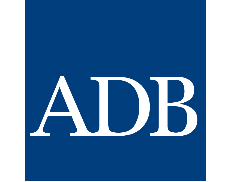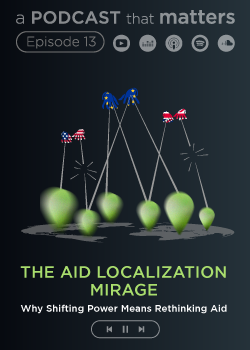Print

Microfinance Risk Participation and Guarantee Program - Building Community Resilience through Microfinance in Lagging Peri-Urban Settlements
Details
Locations:Bangladesh, Indonesia, Myanmar, Nepal, Philippines, Vietnam
Start Date:Feb 6, 2020
End Date:Feb 6, 2021
Contract value: USD 479,241
Sectors: Micro-finance, SME & Private Sector
Description
TA No.: TA 44934-020 REG
Executing Agency: Asian Development Bank
Contract number: Microfinance Risk Participation and Guarantee Program - Building Community Resilience through Microfinance in Lagging Peri-Urban Settlements
Contract description: The Microfinance Risk Participation and Guarantee Program (MFP) of the Private Sector Financial Institutions Division (PSFI) was established in 2010 with a current limit of $340 million. ADB’s MFP aims to facilitate the flow of microfinance on fair and transparent market-based terms through accredited Partner Financial Institutions (PFIs) that onlend to pre-identified MFIs as a wholesale credit provider/lender. These MFIs target lower-income borrowers who are often rejected for loans by the formal financial institutions/commercial banks due to (i) the borrower’s inability to post collateral; and (ii) the lender’s inability to align their business model to reach this vast segment of high-volume, small-sized loan borrowers who are accessible only through a higher operating-cost platform. The MFP helps fill the gap by (a) increasing the PFI’s risk thresholds in terms of taking exposure on MFIs through the partial risk-cover/guarantee and (b) limiting ADB’s recourse to the MFIs (and not the PFIs), which helps ensure sound credit selection, well-targeted utilization of funds, and consistent adherence to ADB’s standards on governance and reporting.
2. While PFIs are willing to provide financing for the MFIs’ short-term income-generating loans, often to the same under-privileged segments in the peri-urban areas, there are systemic limitations and much reluctance to provide longer-term financing for specific resilience-building loans for home improvement, water, and sanitation facilities. These limitations emerge from (i) PFIs’ inability to assess and review the risks associated with such long-term loans and (ii) MFIs’ limited technical and operational capacities to structure appropriate loan products, work with the micro-borrowers to budget and plan the capital outlay, and support the design, materials-sourcing, construction, and completion activities. There is also significant risk-aversion, at both the PFI and MFI operating staff levels, in the absence of technical support and systematic training (from the loan-product design, to the demand assessment and market mapping, and the final loan portfolio scaling-up stages).
Engagement Period: 12 months

